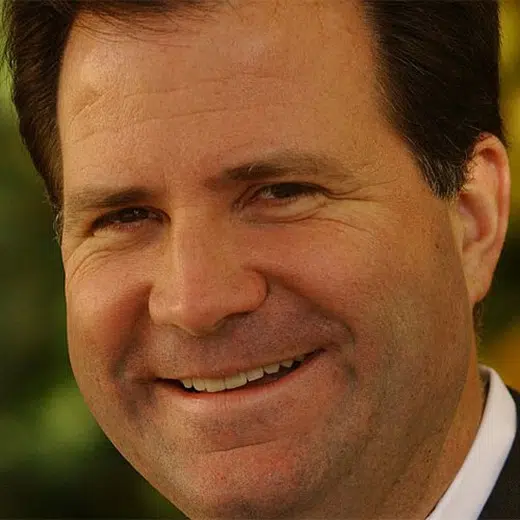By David Randall
(Reuters) – Ray Dalio is known as much for his unique philosophy as for his investment performance. While his decision to relinquish control of Bridgewater, the world’s largest hedge fund, marks a major transition for the storied firm, his influence will continue.
Bridgewater’s Co-CEOs Nir Bar Dea and Mark Bertolini announced on Tuesday that the firm’s transition from being a founder-led boutique to “an enduring institution” was complete, with the transfer of control of Bridgewater from Dalio to the operating board of directors.
That followed Dalio’s transition out of management in 2017 and move in 2020 to mentor the investment committee, the firm said. Dalio, 73, will continue as a mentor, operating board member and remains an “important part” of Bridgewater’s community, the firm said.
Dalio, whose fortune is estimated at $19.1 billion by Forbes magazine, helped pioneer a style of investing based on macro themes that aimed to beat the stock market through a dizzying array of financial instruments ranging from timber to Greek bonds to currency futures. As a result, Dalio is often known to converse knowledgeably about a wide range of world events and frequently posts essays on subjects including reforming capitalism, the growth of China, and the future of the cryptocurrency bitcoin.
At the same time, Dalio has often focused much of his attention on what the trends he observes in the financial markets said about human emotions. Employees at Bridgewater Associates have been encouraged to tear down each other’s ideas through unsparing critiques meant to leave the ego behind, a philosophy that Dalio described in his book, “Principles: Life & Work,” and an accompanying TED talk.
Dalio has defended the firm’s unconventional management style, which was known for its relatively high turnover in which an estimated 25% of employees left within their first 18 months on the job.
“It is a culture, but it’s the opposite of a cult,” Dalio said at the Milken Institute Global Conference in Los Angeles in 2016.
Dalio, born in Jackson Heights, Queens as the only child of a jazz musician and a homemaker, began caddying for Wall Street investors at the age of eight in suburban Long Island where his family moved to, receiving stock tips in exchange. After shares of the first stock he purchased tripled, he “figured this was an easy game,” he told the New Yorker in 2011.
He built a stock portfolio worth several thousand dollars while studying finance at Long Island University and began exploring transcendental meditation after a trip to India by The Beatles popularized the practice in America. After graduating, he attended Harvard Business School and then worked as a commodities trader.
He founded Bridgewater in 1975 and later lived and worked out of a converted barn in Connecticut. Dalio’s articles on how economic systems work caught the eye of several prominent employee pension funds, and he was soon managing money for institutions ranging from the World Bank to Eastman Kodak.
“He had a new way of thinking,” Rusty Olson, the head of Kodak’s pension plan, told the New Yorker. “You get the same return, but you get a heck of a lot of beneficial diversification, too.”
Dalio’s reputation for making money regardless of global economic trends was cemented in 2008, when his flagship fund, Pure Alpha, gained about 9.5% during the global financial crisis that sank several other prominent investors and pushed the S&P 500, the main U.S. stock benchmark, down nearly 40%.
His fund did not weather the coronavirus pandemic as well, however, and lost $12.1 billion during 2020 according to data from LCH Investments.
However, it has rebounded since. The Pure Alpha fund for the first three quarters of this year rose 35%, according to a source familiar with the fund.
Following the global financial crisis, Dalio began posting regular essays on LinkedIn in which he detailed his personal philosophy and offered solutions to social ills. Among his most famous was a 2019 paper in which he argued that widening income inequality and under-investment in public education “pose an existential risk for the U.S.”
(Reporting by David Randall; Additional reporting by Carolina Mandl in New York; Editing by Megan Davies, Diane Craft and Andrea Ricci)






